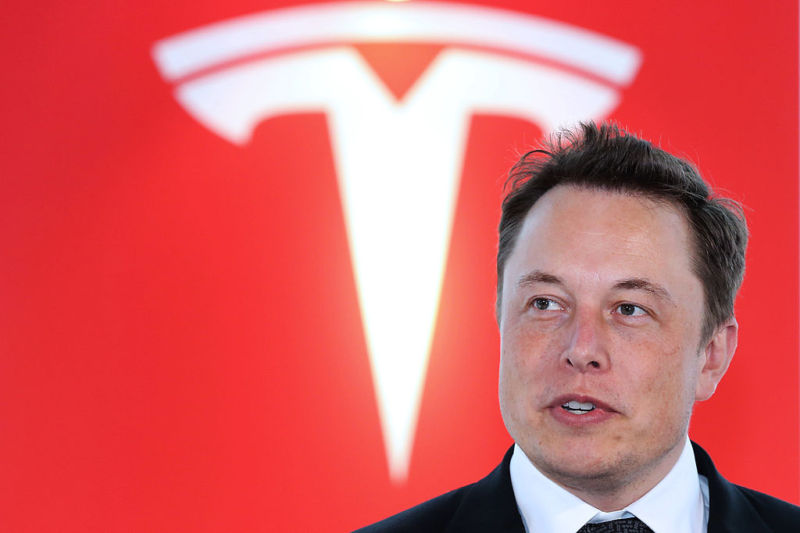
Tesla is working on custom silicon for its self-driving software in partnership with AMD, CNBC reported Wednesday. "The carmaker has received back samples of the first implementation of its processor and is now running tests on it," a source told CNBC. Shares of AMD soared more than six percent on Wednesday after news of the partnership leaked.
Tesla has been working to beef up its in-house hardware capabilities over the last year after going through a nasty divorce with Mobileye, a leading supplier of self-driving hardware and software, a year ago. Mobileye had supplied the hardware for Tesla's first-generation Autopilot technology, but the two companies went their separate ways after a Tesla customer died in a crash that occurred while Autopilot was active.
Since the split, Tesla has built a new Autopilot technology stack using non-Mobileye hardware, including Nvidia graphics processors. Developing chips in-house will make Tesla less reliant on Nvidia in the future, according to CNBC, and Nvidia stock fell almost 4 percent on Wednesday evening after the news broke.
While Tesla is an important customer for Nvidia, Nvidia also touts partnerships with a number of other car companies, including Toyota, Audi, Mercedes-Benz, and BMW. We took a test-drive in Nvidia's experimental self-driving car back in January, and in March Nvidia announced it is working with Bosch on its own AI chip for self-driving cars.
Developing chips in-house also fits in with the broader business philosophy of Tesla CEO Elon Musk. Both Tesla and Musk's other company, SpaceX, have tried to use homegrown technologies wherever possible. While Tesla is getting help from AMD in developing the chip, Tesla will reportedly own the rights to it.
News of Tesla's deal with AMD broke just days after Intel revealed that it has had a long-standing partnership with Waymo, Google's self-driving car company. Intel CEO Brian Krzanich told Reuters that Intel had developed “a custom piece of silicon” to meet Waymo’s needs for sensor fusion—combining data from a variety of cameras, lidar, and other sensors to build a three-dimensional map of a car's surroundings.
reader comments
137